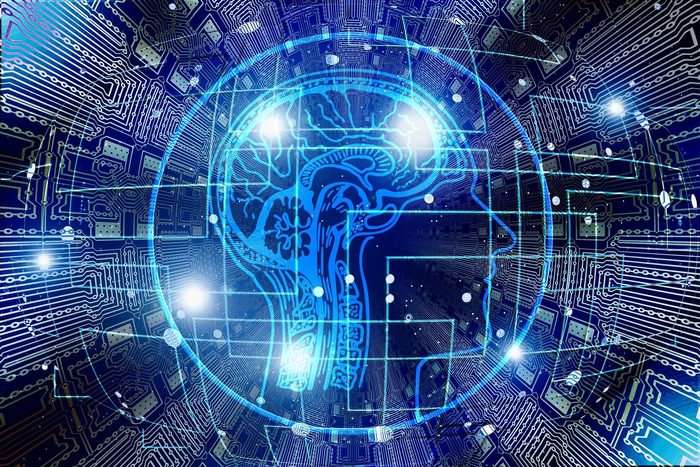|
Artificial Intelligence (AI) is already shaping parts of our lives
and will continue doing so – there’s no question about that. Below are two news articles on the topic that nicely collide – or do they, really?
In a NewScientist article, we learn that people trust AI to make big decisions - as long as a human checks them. “People are more willing to accept decisions made by an artificial intelligence if a human is in the loop, according to a survey carried out in Germany”, says the paper.
And in a MIT Tech Review piece (read below), we read that “the EU is creating new rules to make it easier to sue AI companies for harm. A bill unveiled this week, which is likely to become law in a couple of years, is part of Europe’s push to prevent AI developers from releasing dangerous systems. And while tech companies complain it could have a chilling effect on innovation, consumer activists say it doesn’t go far enough.”
So, on one hand these articles show a step towards giving some controlled trust to AI while on the other, plans being made to hit back in case something goes wrong. Maybe, in the end, two ways to make sure that, when collaborating, AI remains at the service of humans.
Olivier Dessibourg, GESDA
(EN)
|










